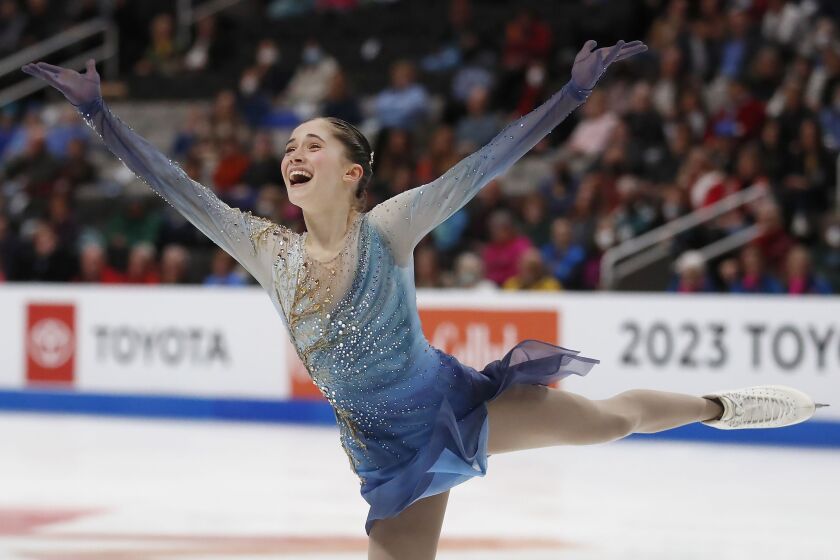Figure skating is a sport that requires a combination of physical skill, technical ability, and mental toughness. Skaters must not only master the technical elements of jumps, spins, and footwork, but also navigate the mental challenges of performing in front of judges and large crowds. In this article, we will explore the psychology of figure skating and offer tips on how skaters can deal with nerves, build confidence, and overcome setbacks.
Dealing with Nerves
Nerves are a natural part of figure skating, as skaters often perform under high-pressure situations. However, it is important for skaters to learn how to manage their nerves in order to perform their best. One way to do this is through visualization, which involves mentally rehearsing a performance in advance. By visualizing a successful performance, skaters can calm their nerves and feel more confident when they step onto the ice.
Another technique for dealing with nerves is controlled breathing. Taking slow, deep breaths can help calm the body and mind, reducing feelings of anxiety and stress. Skaters can also try progressive muscle relaxation, which involves tensing and relaxing different muscle groups in the body to release tension and reduce anxiety.
Building Confidence
Confidence is essential for figure skaters to perform at their best, and it is something that can be developed through consistent training and positive self-talk. Skaters should focus on their strengths and accomplishments, rather than their weaknesses or mistakes. They should also set achievable goals and celebrate their progress along the way.
Another way to build confidence is through mental rehearsal. By imagining successful performances in advance, skaters can train their minds to believe in their abilities and feel more confident when they step onto the ice.
Overcoming Setbacks
Setbacks are a natural part of any sport, and figure skating is no exception. Skaters may experience falls, injuries, or disappointing performances, which can be discouraging. However, it is important to remember that setbacks are an opportunity for growth and learning.
One way to overcome setbacks is to analyze what went wrong and make a plan for improvement. Skaters can work with their coaches to identify areas that need improvement and develop a plan to address them. They should also focus on the positive aspects of their performance and remember that setbacks are not permanent.
Another way to overcome setbacks is to maintain a positive attitude and mindset. Skaters should focus on their progress and set realistic goals for themselves. They should also surround themselves with supportive people who believe in their abilities and can offer encouragement and advice.
Conclusion
In conclusion, figure skating requires not only physical skill, but also mental toughness. Skaters must learn to manage their nerves, build confidence, and overcome setbacks in order to perform at their best. By utilizing visualization, controlled breathing, positive self-talk, and other techniques, skaters can develop the mental skills needed to succeed in this challenging sport. With consistent practice and a positive attitude, skaters can achieve their goals and enjoy the many benefits of figure skating.
